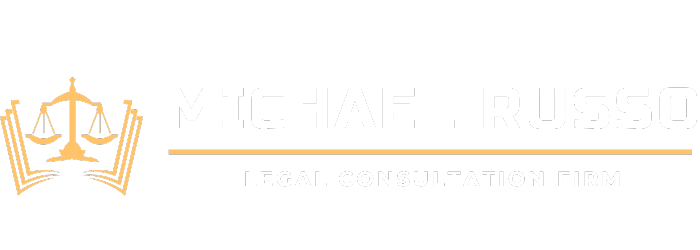Estate planning is a critical process that ensures your wealth, assets, and personal wishes are protected and distributed according to your intentions after your passing. Many people assume that estate planning is only for the wealthy, but in reality, it is essential for anyone who wants to secure their family’s financial future and avoid legal complications. A well-structured estate plan provides peace of mind and safeguards your legacy for future generations.
1. Understanding Estate Planning and Its Importance
Estate planning involves the organization and management of your assets, ensuring they are transferred to your beneficiaries efficiently. It is more than just writing a will—it includes trusts, power of attorney, healthcare directives, and tax strategies. Without a proper estate plan, your assets may be subject to lengthy probate proceedings, excessive taxes, or even disputes among heirs.
2. Creating a Legally Sound Will
A will is the foundation of any estate plan. It outlines how your assets should be distributed and who will act as the executor of your estate. Without a will, your estate may be distributed according to state laws, which may not align with your wishes. A properly drafted will prevents confusion and ensures that your loved ones receive what you intended.
3. The Role of Trusts in Estate Planning
Trusts are valuable tools in estate planning that allow you to manage and distribute assets while minimizing taxes and avoiding probate. There are different types of trusts, including:
- Revocable Living Trusts: Allow flexibility during your lifetime and ensure seamless asset transfer after death.
- Irrevocable Trusts: Provide asset protection and tax advantages but cannot be altered once established.
- Special Needs Trusts: Designed to protect assets for a dependent with disabilities without affecting government benefits.
4. Protecting Your Estate with Power of Attorney
A power of attorney (POA) grants a trusted individual the legal authority to manage your affairs if you become incapacitated. There are two main types:
- Financial POA: Allows someone to handle financial matters on your behalf.
- Healthcare POA: Authorizes someone to make medical decisions for you if you are unable to do so.
A POA is essential in preventing court-appointed guardianship and ensuring your financial and healthcare decisions align with your preferences.
5. Minimizing Estate Taxes and Maximizing Inheritance
Proper estate planning can significantly reduce the tax burden on your heirs. Some common strategies include:
- Gifting assets during your lifetime to take advantage of tax exemptions.
- Setting up trusts to transfer wealth tax-efficiently.
- Charitable donations to reduce taxable estate value.
Understanding tax laws and working with an estate planning lawyer can help preserve more of your wealth for your beneficiaries.
6. Avoiding Probate and Ensuring a Smooth Transition
Probate is the legal process of distributing a deceased person’s assets. It can be time-consuming and costly, delaying access to funds for your heirs. Strategies to avoid probate include:
- Placing assets in a revocable living trust.
- Designating beneficiaries on financial accounts.
- Owning property through joint tenancy with rights of survivorship.
Avoiding probate ensures that your loved ones receive their inheritance faster and with fewer complications.
7. Planning for Long-Term Care and Medical Directives
As part of estate planning, it’s crucial to prepare for potential medical and long-term care needs. A living will and healthcare proxy allow you to outline your medical preferences, such as life-support decisions, in advance. Additionally, considering long-term care insurance can help protect your assets from being drained by nursing home or assisted living costs.
8. Updating Your Estate Plan Regularly
Estate plans are not static—they should be reviewed and updated periodically, especially after major life events such as marriage, divorce, the birth of a child, or acquiring significant assets. Keeping your estate plan up to date ensures that it reflects your current wishes and circumstances.
9. Securing Your Legacy with Professional Guidance
Estate planning can be complex, and legal errors may lead to disputes or unintended outcomes. Consulting an experienced estate planning attorney ensures that your plan is legally sound and effectively safeguards your legacy. A well-crafted estate plan provides financial security, peace of mind, and a lasting impact on your loved ones.







